Focus
Your Present Location: HOME> Focus-

Liu Dian: Early Economic Explorations
Since the People’s Republic of China was founded in 1949, the Communist Party of China (CPC) has consistently performed strategic exploration of economics. From 1949 until the end of the first Five-Year Plan period (1953-1957), China completed a series of remarkable economic achievements.
2019-08-07 -
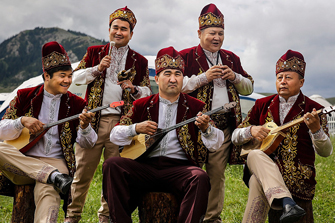
William Jones: UN ambassadors contradict media hype on Xinjiang
Ambassadors from 50 countries assigned to the United Nations Office at Geneva wrote a letter to the President of the Human Rights Council and the High Commissioner for Human Rights to voice their support for China's position on issues related to the Xinjiang Uygur Autonomous Region.
2019-08-06 -
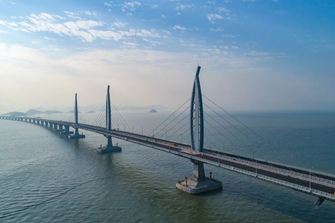
Chen Dingding: Is the Greater Bay Area China’s Future?
In recent decades, in addition to the famous Belt and Road Initiative (BRI), China has aimed to reshape the Pearl River Delta, which includes Hong Kong, Macao, and nine cities in Guangdong province. The goal was to create one economic entity called the Greater Bay Area. According to the Development Outline published by the State Council of China on February 18, 2019, the Greater Bay Area will represent China in industrial competitions worldwide and provide opportunities for internal economic transformations.
2019-08-06 -
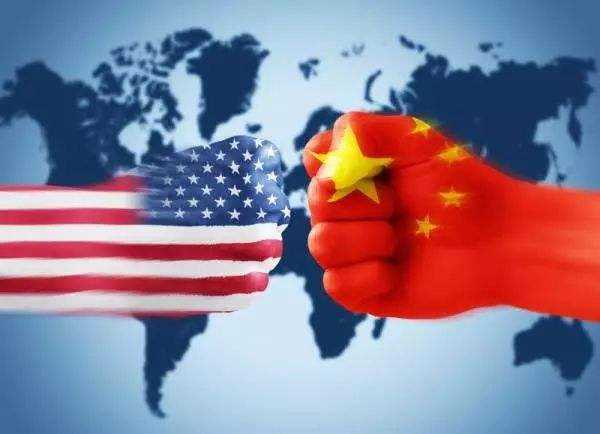
Zhao Minghao:U.S.' ideological offensive is not beneficial to both sides
On Monday, China-U.S. trade talks resumed after a three-month suspension in Shanghai. The choice of Shanghai, China's financial hub, as the meeting venue demonstrates China's hope to handle the economic and trade frictions between the two countries in the spirit of "business is business."
2019-08-06 -
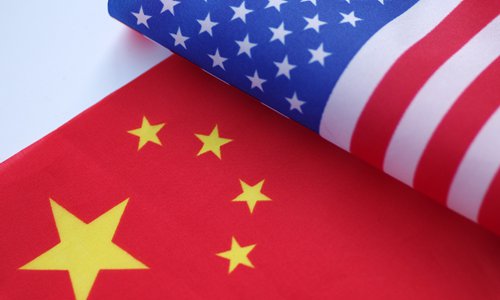
Zhao Minghao: Detractors drive US bitterness against China
The Trump administration's China approach recently triggered a new round of debates within the US, with both sides of the aisle expressing their views through open letters to US President Donald Trump. Amid growing bilateral tensions, the US narrative on China is being metamorphosed.
2019-08-05 -
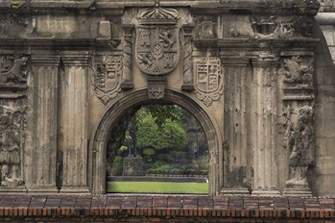
Ding Gang: China leaves its mark in Philippines
Intramuros is the historic center and oldest district of Manila, the capital of the Philippines. Fort Santiago, an iconic building located in Intramuros, was built between 1589 and 1592. History has left four deep imprints on the fort, symbolizing the four most important periods in the history of the Philippine archipelago.
2019-08-05 -
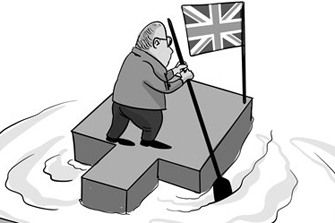
John Ross: Washington ties with pro-Brexit group could limit mutually beneficial UK-China relations
Two days after Boris Johnson became the UK's prime minister, the Financial Times noted that British Brexit Party leader Nigel Farage held a major New York fundraising event for a new lobbying body W4B (World4Brexit) to campaign for the UK to leave the European Union (EU). Farage added that he met with President Donald Trump at the White House on July 24, the day Johnson became prime minister, when Trump urged him to join forces with Johnson to "realign" British politics.
2019-08-05 -
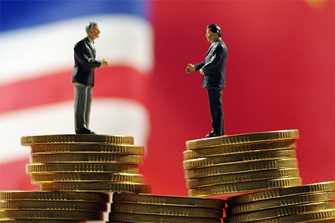
He Weiwen: Washington needs to reconsider its China trade policy
China-U.S. trade consultation will be resumed in Shanghai from Tuesday. The world stock market has already greeted the news, with various kinds of wishes and cautious optimistic anticipations loomed up for an early deal. There are two positive gestures and two harmful threats.
2019-08-05 -
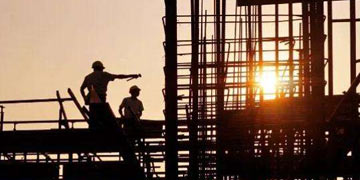
Ding Gang: Indonesia on track with China’s standards
What most impressed me at a construction site of the Jakarta-Bandung high-speed railway is that the project adopts Chinese technology and standards in full measure. Many advanced technologies have been applied and tailored, taking into consideration the local weather and geological conditions.
2019-07-25 -
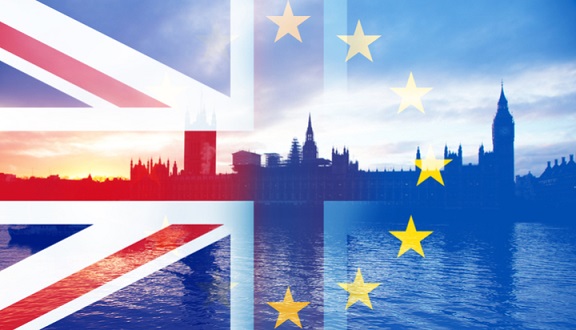
John Ross: Brexit explains why Britain has played such a provocative role in Hong Kong
On Tuesday Britain announced that Boris Johnson became its new Prime Minister. This event has significant implications for China - including for Hong Kong and for Huawei. Johnson’s project is to turn Britain into the equivalent of the 51st state of the US – but without the right to vote! Because some Chinese media wrongly believe that Brexit is a domestic British issue, without major implications for China, or wrongly treated Boris Johnson as some sort of amiable fool, it is necessary to correct this and see clearly what is taking place and its consequences for China.
2019-07-25 -
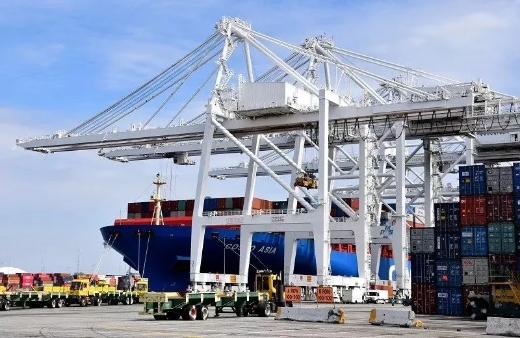
Chen Chenchen: RCEP mirrors free trade aspiration from emerging world
A new round of negotiations on the Regional Comprehensive Economic Partnership (RCEP) kicks off in northeast China's coastal city of Dalian this week. The RCEP aims at lowering trade costs among Asian countries to facilitate the construction of a mega free trade network. The significance of the RCEP directly lies in its scope - covering a half of global population and a quarter of global GDP - it would shape the world's largest free trade bloc if successfully achieved.
2019-07-23 -
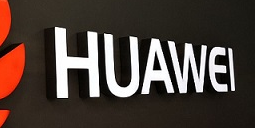
Zhang Jingwei: Lifting Huawei ban can remove pressure on US firms, show goodwill to Beijing
To unblock Huawei, the US has to drop it from the blacklist and completely remove the ban. This will build mutual trust between the two countries. Starting from mutual trust, the two sides can negotiate a deal faster to the benefit of firms in both countries.
2019-07-23 -
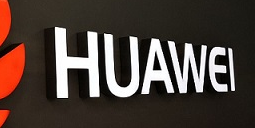
Zhang Jingwei: Lifting Huawei ban can remove pressure on US firms, show goodwill to Beijing
To unblock Huawei, the US has to drop it from the blacklist and completely remove the ban. This will build mutual trust between the two countries. Starting from mutual trust, the two sides can negotiate a deal faster to the benefit of firms in both countries.
2019-07-23 -
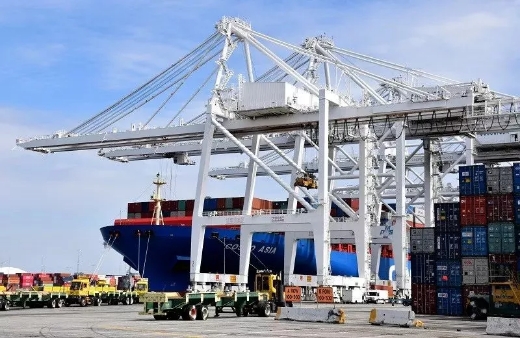
Chen Chenchen: RCEP mirrors free trade aspiration from emerging world
A new round of negotiations on the Regional Comprehensive Economic Partnership (RCEP) kicks off in northeast China's coastal city of Dalian this week. The RCEP aims at lowering trade costs among Asian countries to facilitate the construction of a mega free trade network. The significance of the RCEP directly lies in its scope - covering a half of global population and a quarter of global GDP - it would shape the world's largest free trade bloc if successfully achieved.
2019-07-23 -
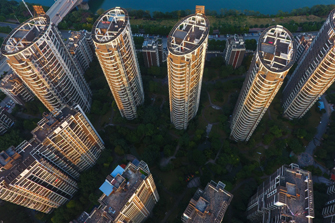
Liu Ying: China's economic growth remains stable
China's GDP expanded 6.3% year-on-year in the first half of 2019, according to the data released by the National Bureau of Statistics (NBS) on Monday.
2019-07-19 -
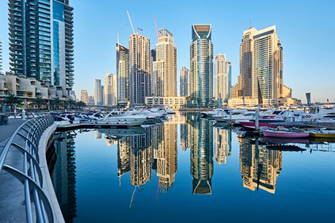
Ding Gang: Stability of Gulf countries comes from within
Dubai's opening-up is behind the Emirate's prosperity, but long-lasting prosperity depends on enduring stability. Any visitor who stands on the 828-meter-tall Burj Khalifa - the tallest building in the world - and looks at the Strait of Hormuz is immediately forced to reckon the threats to the Gulf region's stability.
2019-07-18 -
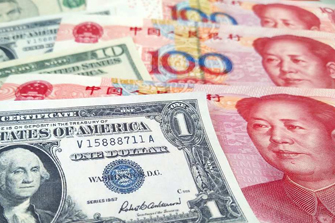
Yu Yongding: Trade war ceasefire does not set our mind at ease
This article was translated and edited from a speech by Professor Yu Yongding, an academician with the Chinese Academy of Social Sciences, at Chongyang Institute for Financial Studies, Renmin University of China, on June 26, 2019.
2019-07-16 -
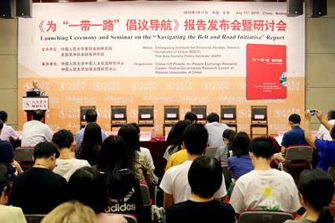
BRI will be a great learning experience for China
China's Belt and Road Initiative (BRI) has been subjected to a great deal of criticism and controversy from the very start. However, there are generally two types of criticism concerning the BRI - one largely driven by suspicions towards anything Chinese, and the other more constructive and intended to help improve practices involving BRI projects.
2019-07-15 -
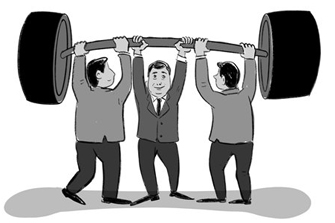
Liu Zhiqin: China’s coordinative development economics powers up economy, global governance
With coordinative measures, China has pushed for progress and the evolution of history. Following the coordinative principle, the country has dealt with many historical issues and built up a foundation for modernization.
2019-07-12 -
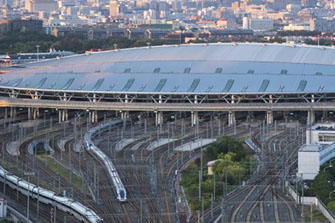
Ding Gang: Prosperity rides on better connectivity
An old Chinese proverb goes, "Frequent shifts make a tree dead but a person prosperous." "Shifts" here are used to convey a sense of movement. How can people move from one place to another? It needs road, rail, air and water connectivity - an implication of multimodal transport. One of the objectives of the China-proposed Belt and Road Initiative (BRI) is connectivity - making people, funds and resources flow.
2019-07-11
























































































 京公网安备 11010802037854号
京公网安备 11010802037854号





